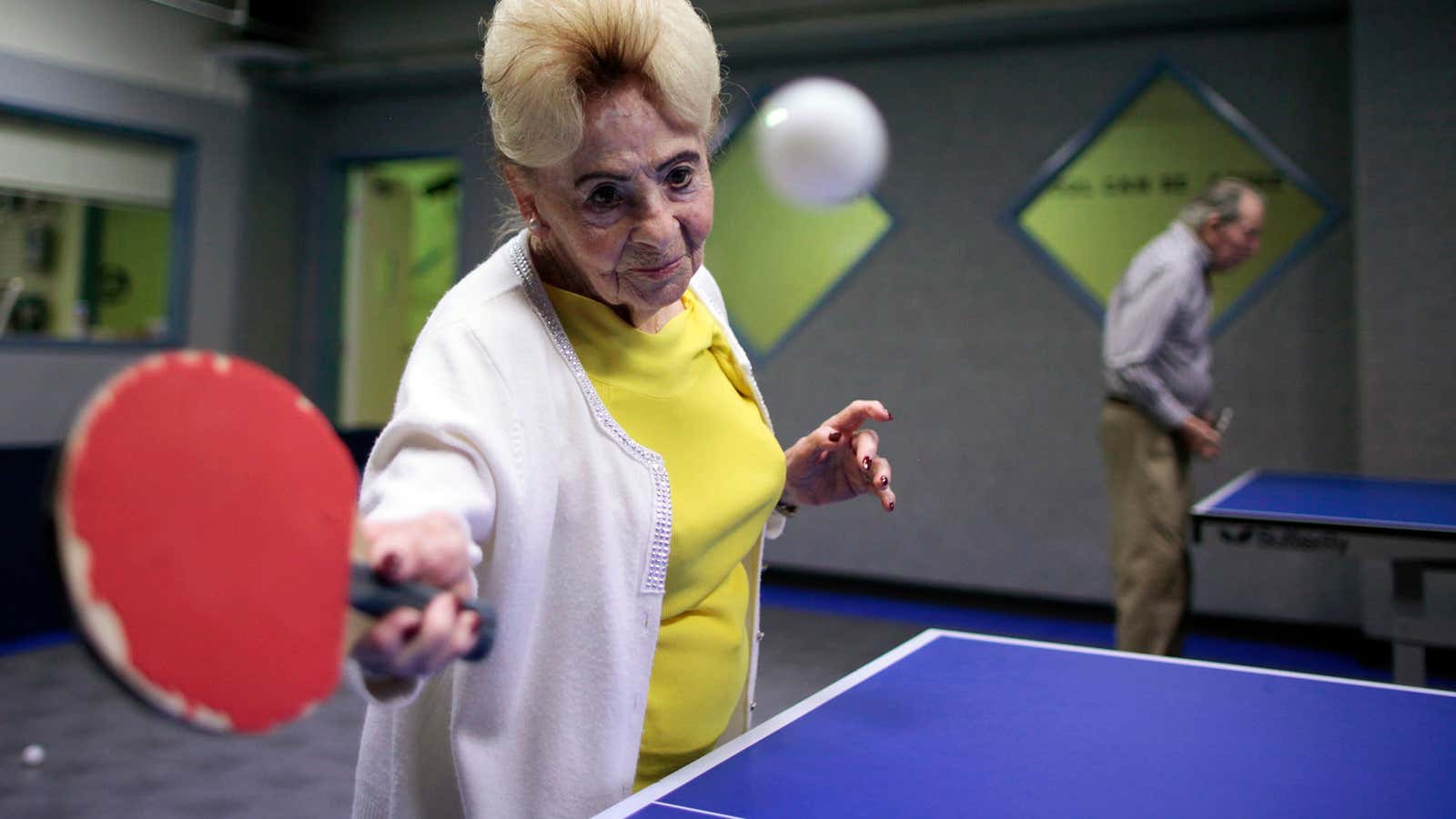Advances in medicine are helping people live longer lives. This creates a greater burden, however, when it comes to the diseases of aging—such as dementia, and its most common form, Alzheimer’s—that don’t yet have a cure.
One way to mitigate the ill effects of dementia is to catch its onset early; the problem is, that isn’t easy. The most common symptom is frequent memory lapses, but most people suffer from a memory lapse now and again, which makes it hard to isolate as a symptom. Other observable symptoms—difficulty communicating or doing complex tasks—become apparent only later in the condition’s progression.
A new study has found, however, that there may be a way to identify real problem symptoms early. The trick is to not worry about a memory lapse in itself—but to worry when the person doesn’t even remember that they’ve forgotten something.
To arrive at this conclusion, Robert Wilson of Rush University and his colleagues followed 2,000 people, who started with the average age of 76, for a decade.
“Most studies of memory unawareness in dementia have focused on people who have already been diagnosed,” he told Press Association. “In contrast, this new study began following older adults before they showed signs of dementia.”
Among those who suffer from dementia, lack of awareness of memory loss is common. But Wilson identified it as an early-warning sign of the condition: For the 239 people diagnosed with dementia, memory awareness began to drop about 2.6 years before the dementia was diagnosed.
Wilson also studied the brains of 385 people who died during the study. The brain scans, published in the journal Neurology, showed that those who scored higher on lack of memory awareness also showed biological symptoms of dementia.
The upshot is that, while those who are likely to get dementia won’t be aware of their own memory lapses, their friends and families have some chance of spotting the signs. Catching dementia early enables access to treatments and support systems—often allowing the patient to live better, for longer.
